Home>Ideas and Tips>Home Defense Landscaping: Plants That Deter Intruders


Ideas and Tips
Home Defense Landscaping: Plants That Deter Intruders
Published: October 27, 2024
Enhance your home security with defensive landscaping. Discover the best plants to deter intruders while maintaining a beautiful yard.
(Many of the links in this article redirect to a specific reviewed product. Your purchase of these products through affiliate links helps to generate commission for Storables.com, at no extra cost. Learn more)
When it comes to home security, many of us think about the latest technology and physical barriers like fences and gates. However, one of the most overlooked yet effective ways to secure your property is through strategic landscaping. Plants can serve as a powerful deterrent against intruders, adding an extra layer of security to your home without compromising its aesthetic appeal. In this article, we will explore the best plants for defensive landscaping and provide tips on how to incorporate them into your yard design.
Understanding Defensive Landscaping
Defensive landscaping is the strategic use of plants and other elements in your yard to deter intruders and enhance home security. This approach leverages the natural barriers provided by certain plants to make it difficult for potential burglars to access your home. By carefully selecting and placing these plants, you can create a secure and attractive outdoor space that deters unwanted visitors.
Read more: Where To Buy Landscaping Plants
Removing Hiding Places
The first step in defensive landscaping is to eliminate any hiding places that could provide cover for intruders. This includes:
- Hedges Against Fences: Avoid planting hedges directly against solid-fence lines, as they can create play tunnels for children but also provide sneaky avenues for burglars.
- Bushes Near Windows: Mow down tall, flower-bearing bushes that line the exterior walls of your house. These bushes can provide stalkers with a great hiding place to peek inside windows, and burglars can use them as cover to get close to your house and open or break a window.
By removing these hiding places, you significantly reduce the risk of intruders using your yard as a covert operation base.
Selecting the Right Plants
The key to effective defensive landscaping is choosing plants that are not only attractive but also serve as natural barriers. Here are some of the best plants to consider:
1. Thorny Hedges
Thorny hedges are one of the most effective deterrents against intruders. Plants like gorse, berberis, pyracantha, blackthorn, and hawthorn are excellent choices due to their nasty thorns. These hedges can be trained up fences or used as standalone barriers around your property.
2. Dense Evergreens
Dense evergreens such as bamboo, yew, and laurel form a physical barrier that is difficult to traverse. Low plants like creeping juniper are equally unwelcoming and can be used in combination with gravel paths to create a noisy entry point.
3. Thorny Climbers
Thorny climbers like roses with vigorous growth and spiny stems (e.g., Rosa rugosa) can be grown over fences to make them more challenging to scale.
4. Cacti and Agave
For those living in desert climates, cacti and agave plants offer a natural defense mechanism. These plants grow slowly but provide vicious spikes that deter intruders effectively.
5. Barberry and Bougainvillea
Barberry and bougainvillea are excellent choices for their thorny branches and dangerous sap. These plants can be placed underneath windows to make it difficult for burglars to approach.
6. Roses
Roses are a classic choice for defensive landscaping. They come in various varieties, some of which have giant thorns that make them an effective deterrent. Climbing roses over fences or around gates can prevent intruders from climbing over.
7. Holly
Holly is another plant with dense bushes that hurt when touched. It's an excellent choice for areas around windows or doors where you want to create an unpleasant welcome for intruders.
Strategic Placement
The placement of these plants is crucial for their effectiveness as deterrents:
- Perimeter Defense: Plant larger, spiky species at the back of your property and smaller, equally unwelcoming specimens in front. This creates a barrier to entry while allowing some visibility across your property.
- Window Boxes: Consider an attractive but not-so-welcoming window box full of small cacti on the edge of your balcony to further thwart intruders' efforts.
- Trees Near Windows: Keep trees at a safe distance from your home or trim all limbs back and away from the house. This prevents burglars from using them as access points to unguarded second-story windows.
Additional Tips
While plants are an excellent addition to your home defense strategy, it's important to remember a few additional tips:
- Regular Tree Trimming: Keep plants and shrubs to 2 to 3 feet high so they don’t block windows. Regular tree trimming will prevent branches from obscuring your view of your property.
- Minimize Hiding Places: Avoid overgrown gardens that give thieves shelter and plenty of places to hide. Leave points of entry to the house visible to the street and illuminate them with motion sensor lights if possible.
- Fire Safety: When planning a defensive landscape design, also consider fire safety. If the plants make it harder for a criminal to get in, they may also make it harder for you to get out. Ensure that you have a good fire safety plan in place.
- Lighting: Install solar-powered lights or motion-detecting lights around large landscaping elements like distinctive trees or bushes. These lights will not only highlight your yard’s distinct look but also light up anyone attempting to approach your home.
Read more: How To Choose Plants For Landscaping
Pest-Proof Plants
While focusing on burglar deterrents is crucial, it's also important not to forget about other unwanted guests like pests. Certain plants can repel fleas, moths, mosquitoes, and other insects:
- Lavender: These attractive and fragrant flowering plants repel fleas, moths, mosquitoes, and other unwanted insects.
- Chrysanthemums: The blooms of these rose-colored flowers contain pyrethrum, an ingredient often used in insect repellents and dog shampoo. They kill and repel ants, fleas, roaches, beetles, ticks, and other creepy-crawlers.
- Marigolds: Marigolds are great at keeping away both aphids and mosquitoes. They make them a great complement to any tomato plants you are putting in the ground this season.
Conclusion
Defensive landscaping is a simple yet effective way to enhance your home security without compromising its aesthetic appeal. By strategically selecting and placing thorny hedges, dense evergreens, thorny climbers, cacti, roses, holly, and other deterrent plants around your property’s perimeter and vulnerable areas like windows and doors, you can create an unpleasant environment for potential intruders. Remember to maintain clear sightlines by keeping plants trimmed back from windows and doors while ensuring that your landscaping doesn’t block escape routes or create fire hazards. With these tips in mind, you can enjoy a safer and more secure home while still maintaining a beautiful outdoor space.
References
- Security.org – "Defensive Landscaping: Using Plants For Protection"
- Gardener's Path – "23 of the Best Defensive Plants for Home Security"
- House Beautiful – "The Best Plants to Deter Burglars from Your Home"
- Texas Farm Bureau Insurance – "How Strategic Landscaping Can Improve Home Security"
- Sniper's Hide Forum – "Defensive Landscaping"
By incorporating these plants into your yard design and following these strategic placement tips, you can significantly enhance your home's security while maintaining its beauty and functionality.
Was this page helpful?
At Storables.com, we guarantee accurate and reliable information. Our content, validated by Expert Board Contributors, is crafted following stringent Editorial Policies. We're committed to providing you with well-researched, expert-backed insights for all your informational needs.
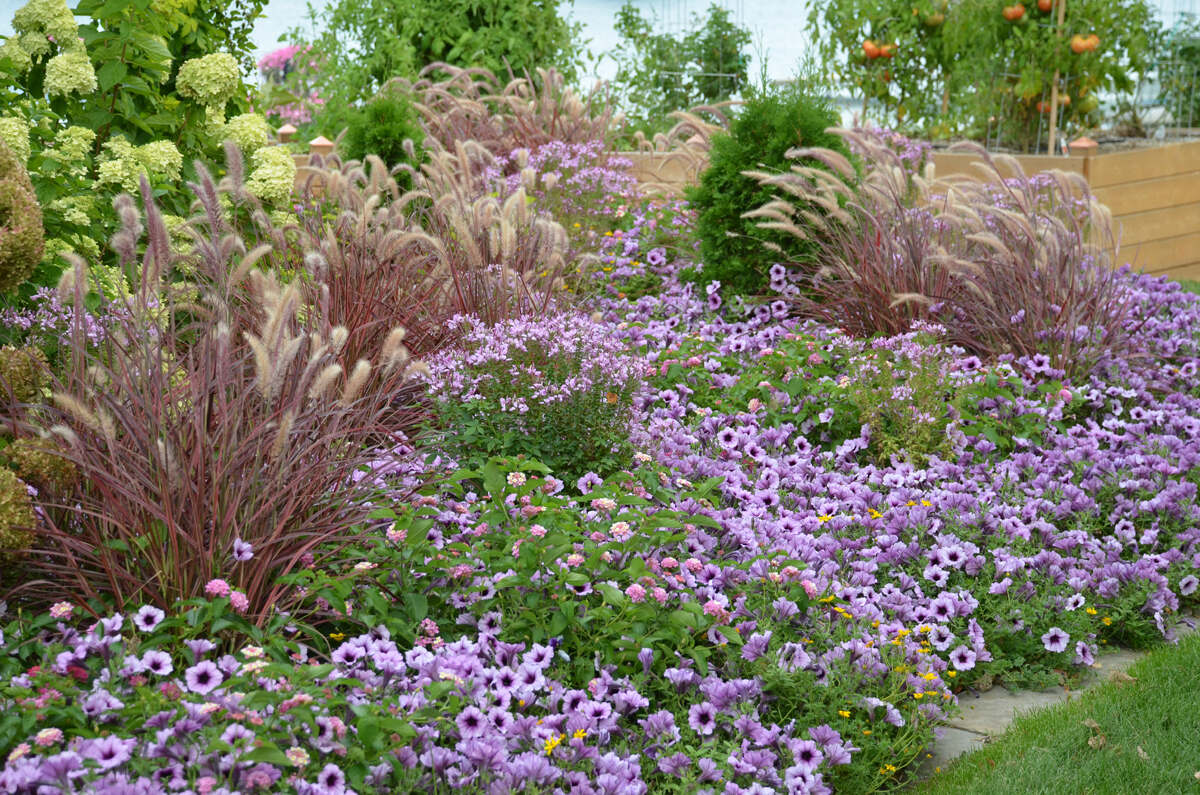

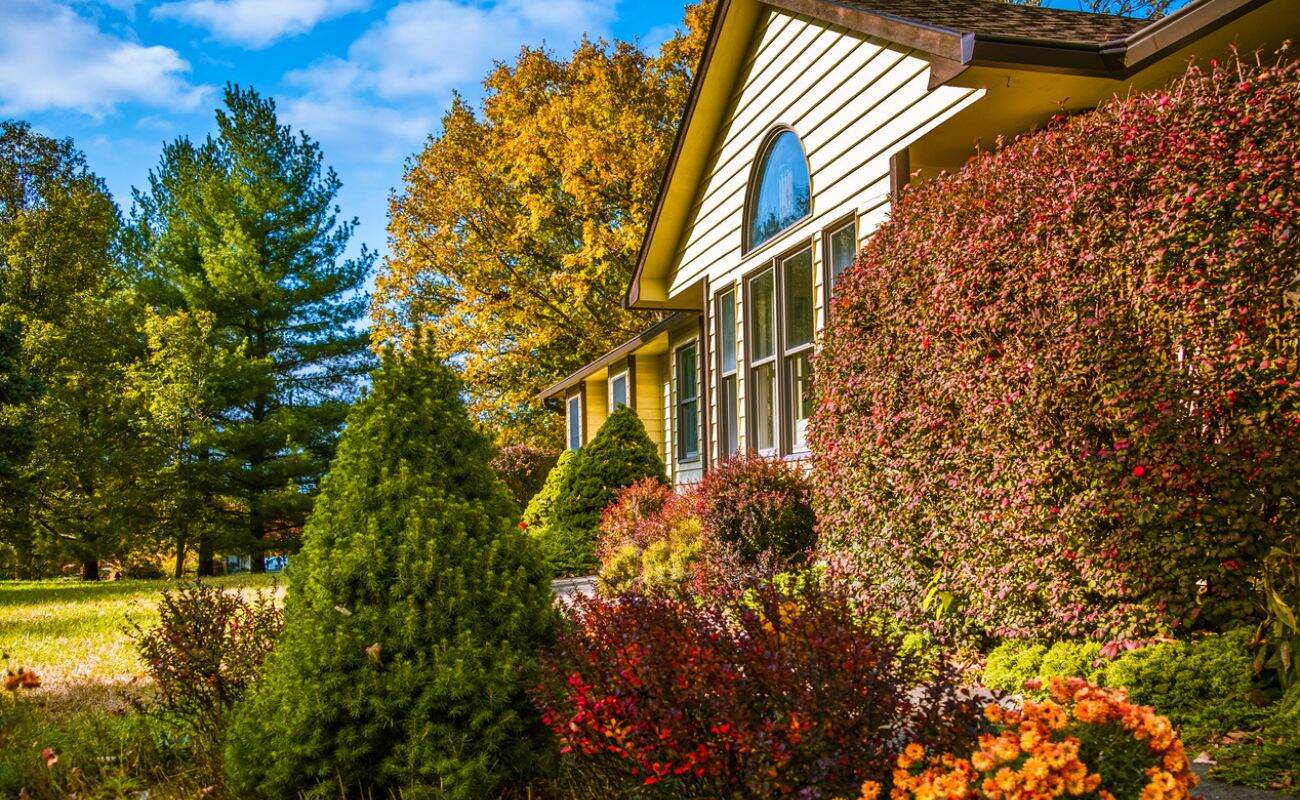
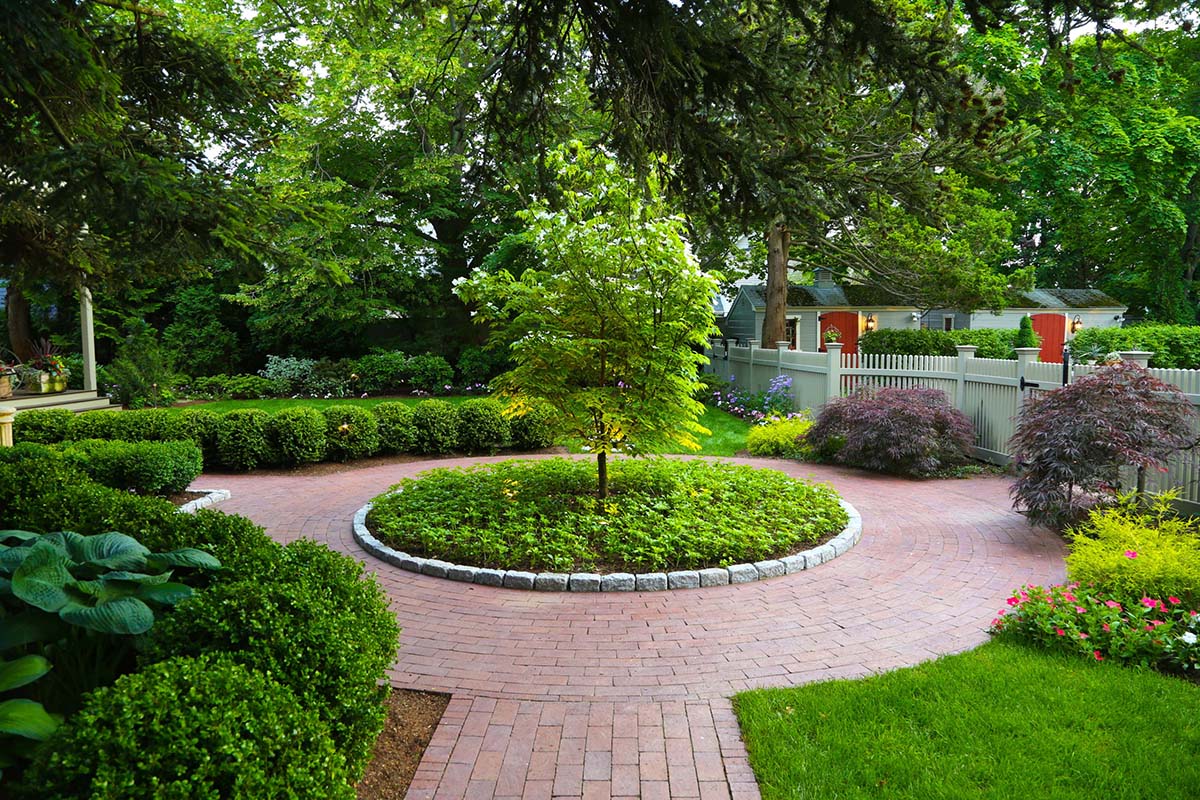


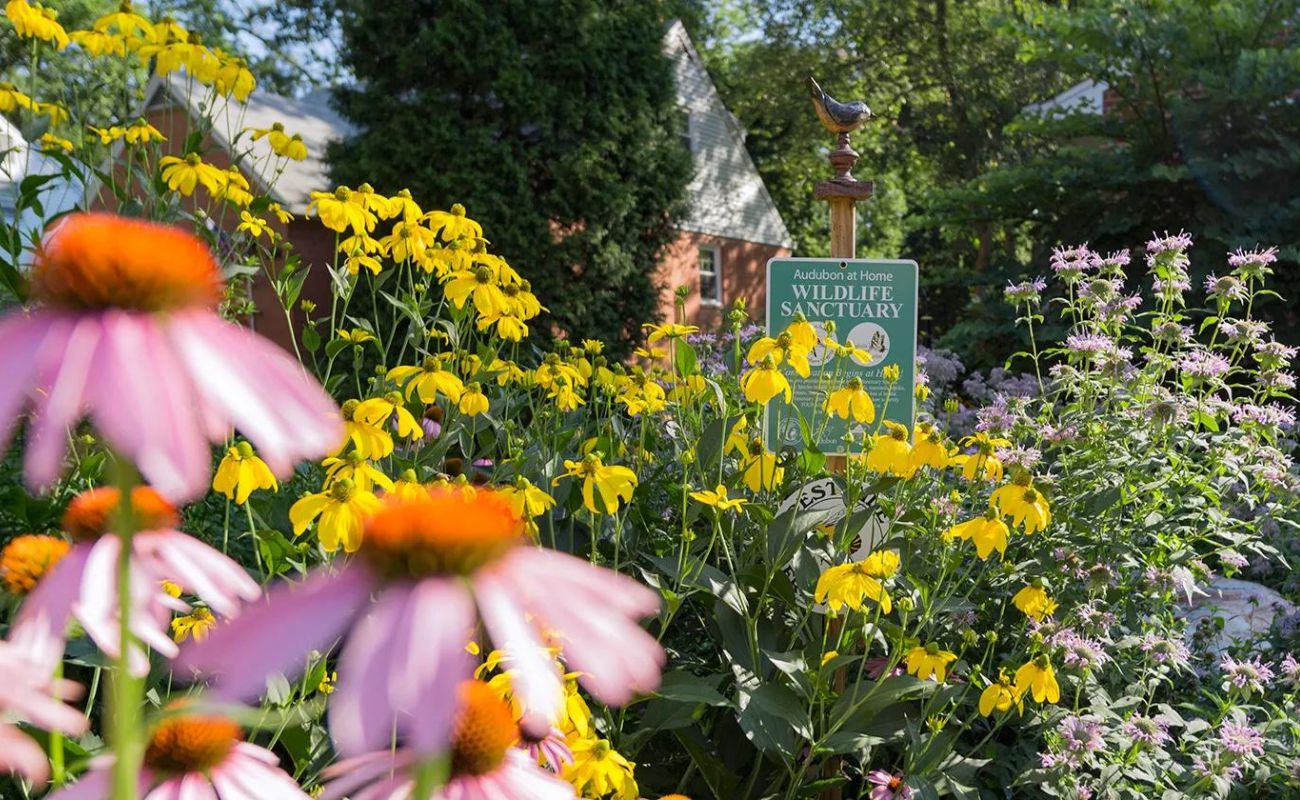
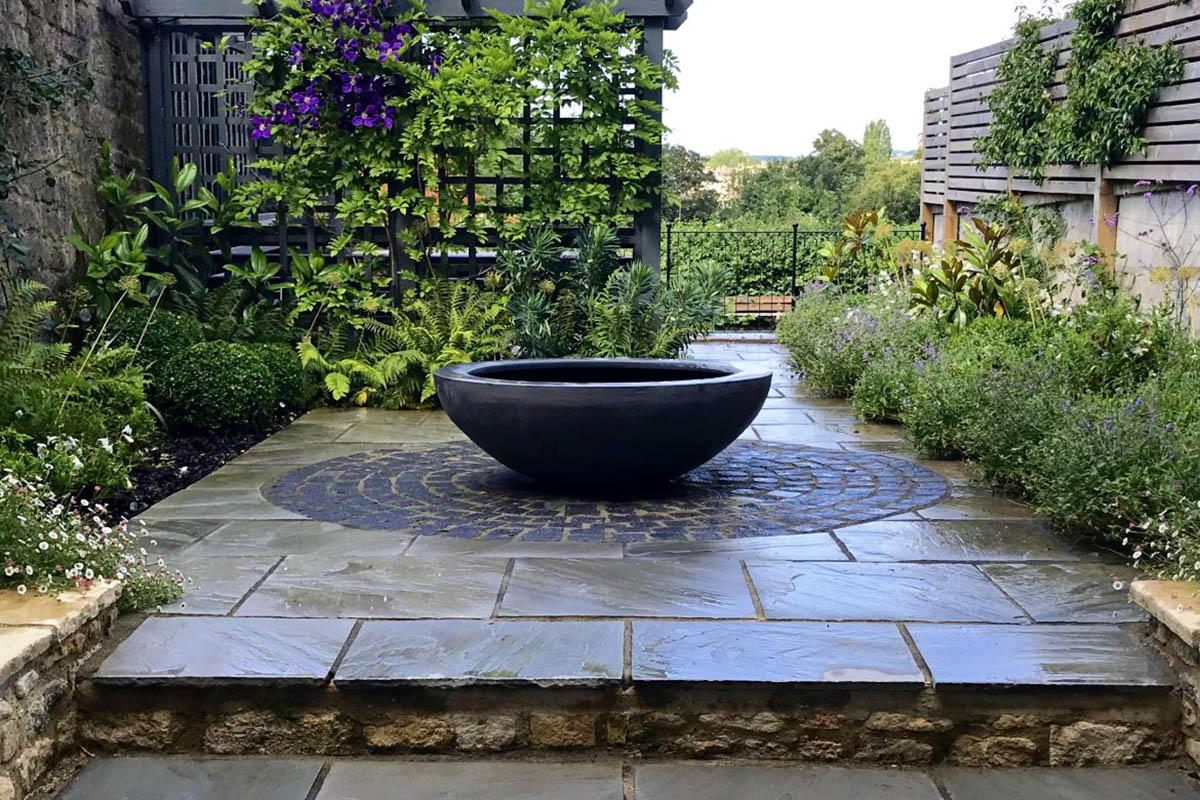







0 thoughts on “Home Defense Landscaping: Plants That Deter Intruders”